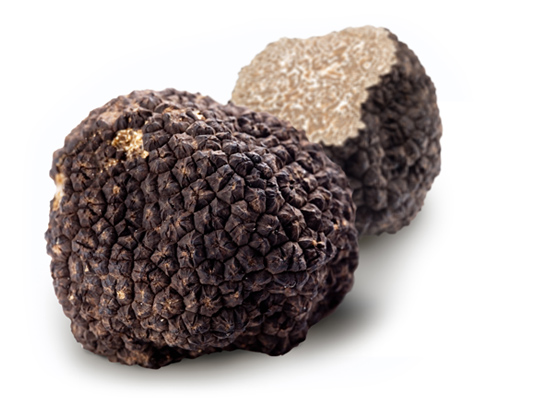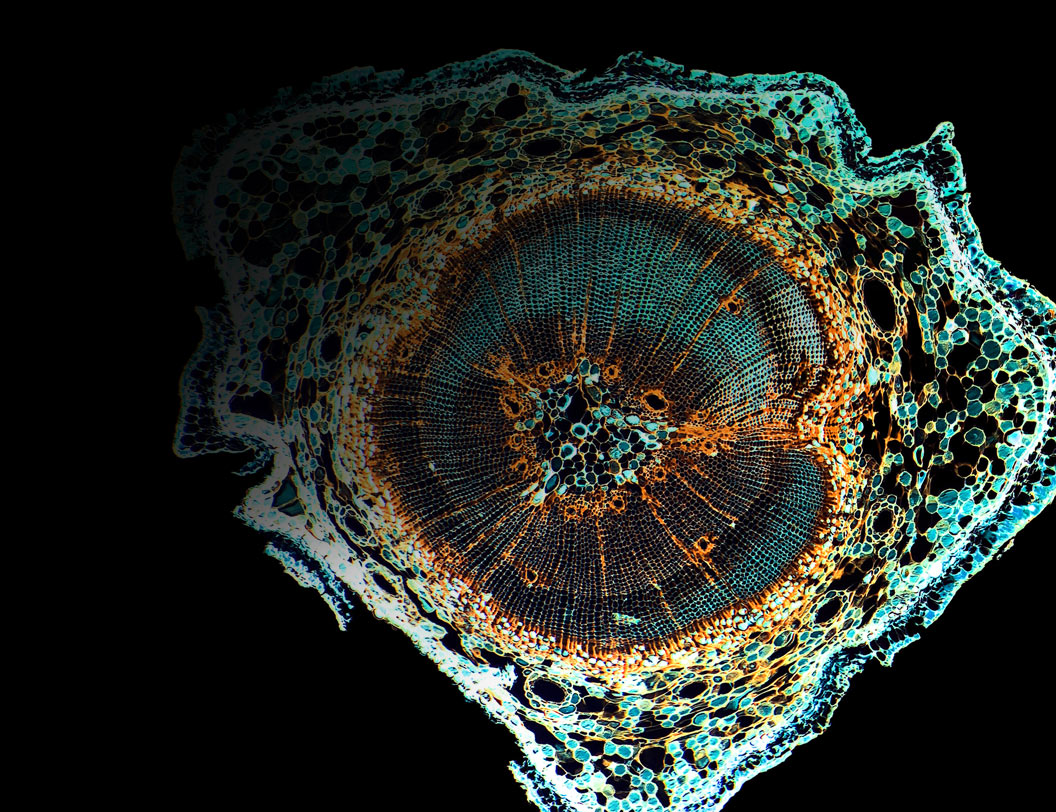-
 PROGRAM / 04Bioeconomy, Health and Governance
PROGRAM / 04Bioeconomy, Health and Governance
We drive innovative bioeconomy models to create a sustainable future based on local biological resources. We connect research, innovation, and competitiveness with climate change mitigation and rural development.
The program covers a range of topics, including biomass utilization, innovative wood products, aromatic and medicinal plants, mycology and tubericulture, forest chemistry, bioproducts and biorefineries, socioeconomics and governance of rural systems, forest policy and risk management, global research in forest ecosystems, biodiversity and functional ecology, and the study of biosphere reserves and biocities.
Our objective is to generate Nature-Based Solutions that connect economy, health, and sustainability.


A joint research and transfer unit to promote the development of biorefineries and bioproducts from Mediterranean agroforest ecosystems
